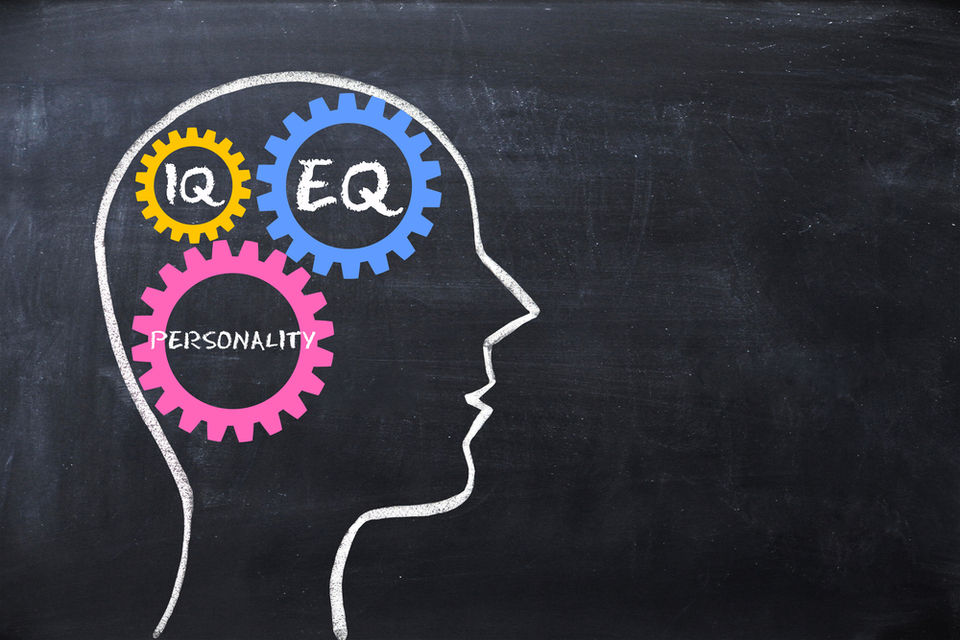The concept of “emotional intelligence” was first introduced in 1964 (The Communication of Emotional Meaning) by JR Davitz and Michael Beldoch. But the term Emotional Quotient (EQ) appeared in the 1980s, and psychologists started citing it more frequently in the 1990s.
Nowadays, emotional intelligence is more and more cited in academic literature, whether for business or personal growth. Even robots have to develop a sense of emotional intelligence.
Artificial emotional intelligence, Emotional AI, would be less dangerous and more powerful as far as humans are concerned.
No matter what your career and social goals might be, cognitive intelligence alone isn’t enough to fulfill them. Individuals with higher emotional quotient are more likely to attain success.
What is Emotional Quotient?
Broadly speaking, Emotional Quotient (EQ) can be defined as the ability to perceive, express, and respond to emotions. Your EQ is your level of understanding of what emotionally motivates those around you and at cooperating with them.
People with high emotional intelligence are empathetic and sympathetic, flexible, open, creative, and self-confident without being arrogant or condescending. And this is true whether in the workplace, at home, or anywhere else. Your body language has emotional effects on people, and vice versa.
Now, the word “quotient” is a math term. Can we then measure emotional intelligence? Are there EQ tests à la IQ tests?
IQ vs EQ: Cognitive Intelligence and Emotional Intelligence
At the moment, it is not possible to measure the intelligence quotient (IQ) itself precisely because it is hard to quantify “reason.” So, it is more challenging to put a number on emotional intelligence since emotion seems to be a manifestation of general knowledge.
Emotion is a complex psychological state involving three key components: a subjective experience, a physiological response, and a behavioral reaction.
There are tests and quizzes about everything. There are IQ tests that assess the intellectual abilities of individuals, and there are also some emotional quotient tests available.
But, these tests are of lesser quality compared to the already accurate IQ tests.
Human intelligence is too complex to be reduced to mere scores resulting from questionable psychometric tests. However, the emotional intelligence concept could help understand why some individuals with comparable IQs do better than others.
Cognitive intelligence runs through a maze of neural circuits and synapses in the brain, and the mechanics of emotions also involve brain cells.
Neuroscientists discovered populations of neurons that associate specific emotional responses to events. This could explain where some mental disorders originate from.
The brain loses its ability to assign emotional associations to events correctly. For example, people with anxiety or depression often can’t enjoy things they usually find satisfaction in.
If emotional intelligence isn’t an integral part of general knowledge, they’re intertwined and mutually inclusive. There’s at least a complementary relationship between the two.
Because you learn, grow up, and change, your EQ and IQ scores aren’t hard and fast. You can develop emotional intelligence competence and push your EQ up.
Every day, we call upon our emotional intelligence to get us through the day without realizing it most of the time. Like your physique, you can also work on your emotional intelligence.



















Comments (0)
Most Recent